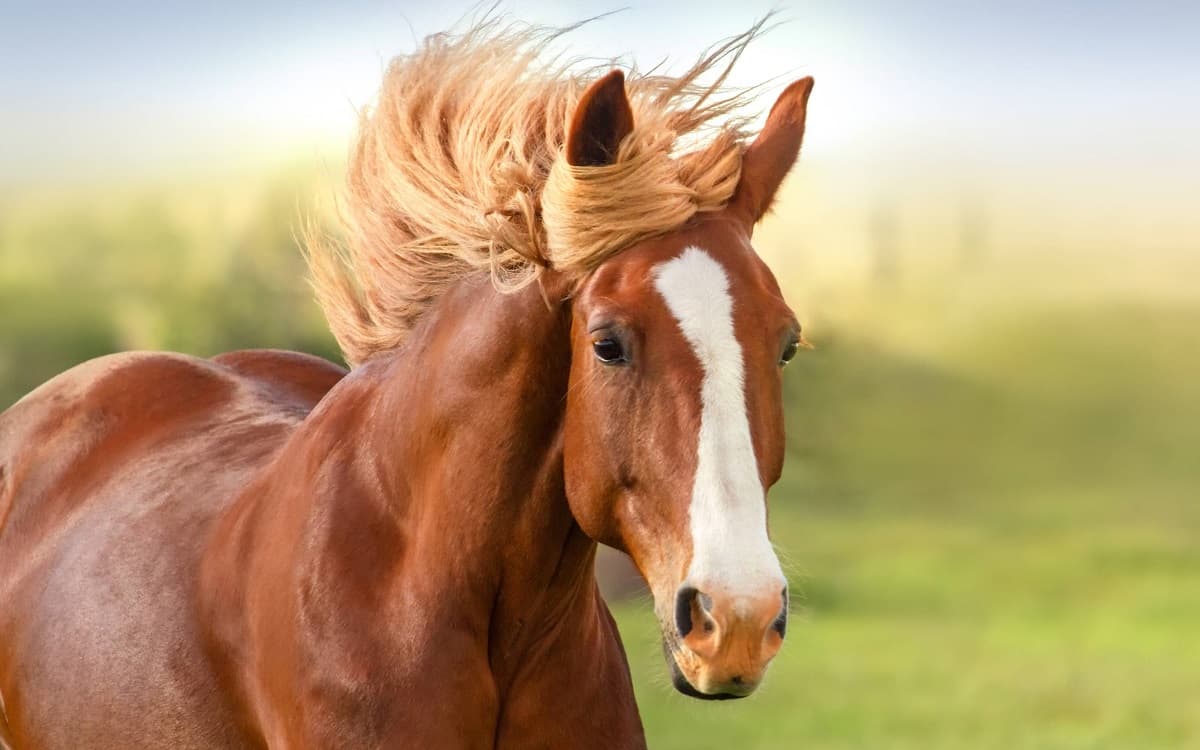The key factor that helps ensure a stable and thriving horse is nutrition. To ensure that it gets the most nutrients to balance its needs, the best feed optimizes its natural digestive system. You could use feed such as vitamin E and selenium supplements for horses. Their dietary needs change as horses age. So, what exactly affects their nutritional requirements? From age to gender, stress levels, and medical conditions, there are several factors that can affect it.
Page Content
Feed a Balanced Meal
The digestive system in a horse showcases the amount of feed they need in order to lead a healthy life. Excessive grain causes gas in the gut. Once this breakdown it absorbs all the carbs, thus causing gas called byproduct. Excessive levels of this can cause discomfort in their stomach. To avoid this, we recommend providing them the right amount of feed.
Feed Them Water Regularly
Water is important for the well-being of both humans and animals. In fact, on average, horses drink about 10 gallons of water daily, which could increase depending on the weather and work done on a particular day. Ensure to always provide them with water even during the cooler season.
Avoid Sudden Amendments in Their Meal
Ideally, horses take over two to three days for their food to be fully digested. This means any sudden change to their diet may not display any issues early. Therefore, if you must make amendments, it is wise to do it slowly so as to avoid digestive issues or an upset stomach. There is a specific type of bacteria found in their hindgut that helps with digestion. As it helps break down the food, a sudden change in the feed may cause a reaction therefore preventing the bacteria from doing its job. To avoid digestive problems, we recommend changing their feed by no more than 25% so that it is accustomed to the change.
Ensure the Right Amount of Feed
The amount of exercises performed by your equine will determine the levels of feed required. If they are not as active, they may not require the additional calories provided by grains. For light exercises of up to two hours, we recommend feeding them 1-1.5 pounds of grain per hour of exercise performed. This will obviously increase depending on the hours that they have performed any activity. Look for the nearest vet to purchase veterinary consumables for your horse.
Baseball fan, traveler, hiphop head, reclaimed wood collector and collaborator. Operating at the crossroads of beauty and mathematics to craft experiences that go beyond design. Check me out on Dribbble or Medium.

No Responses